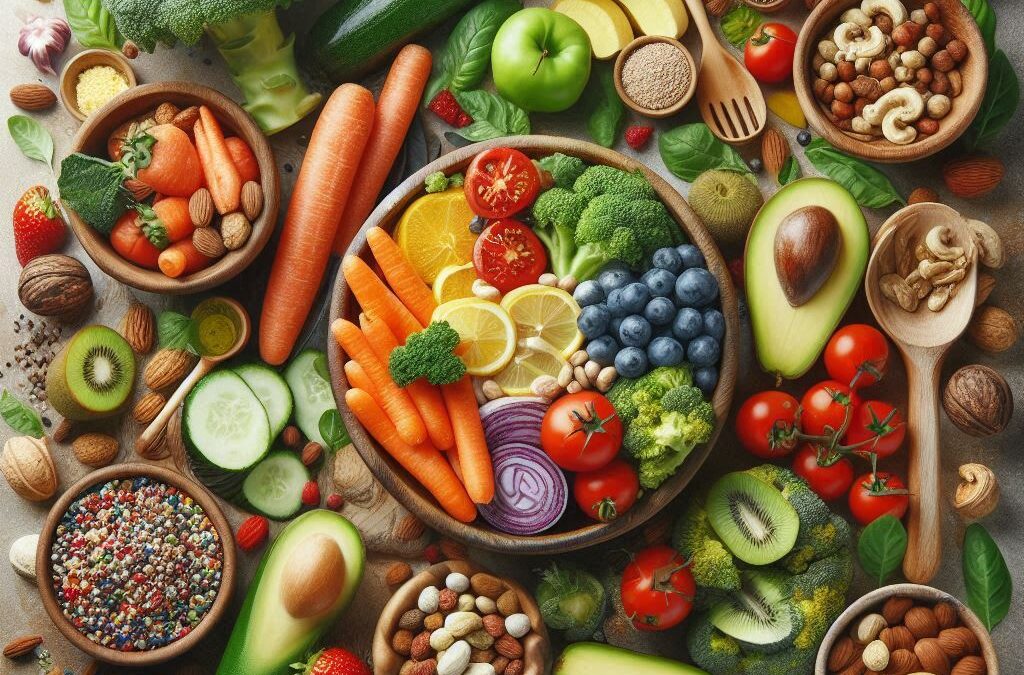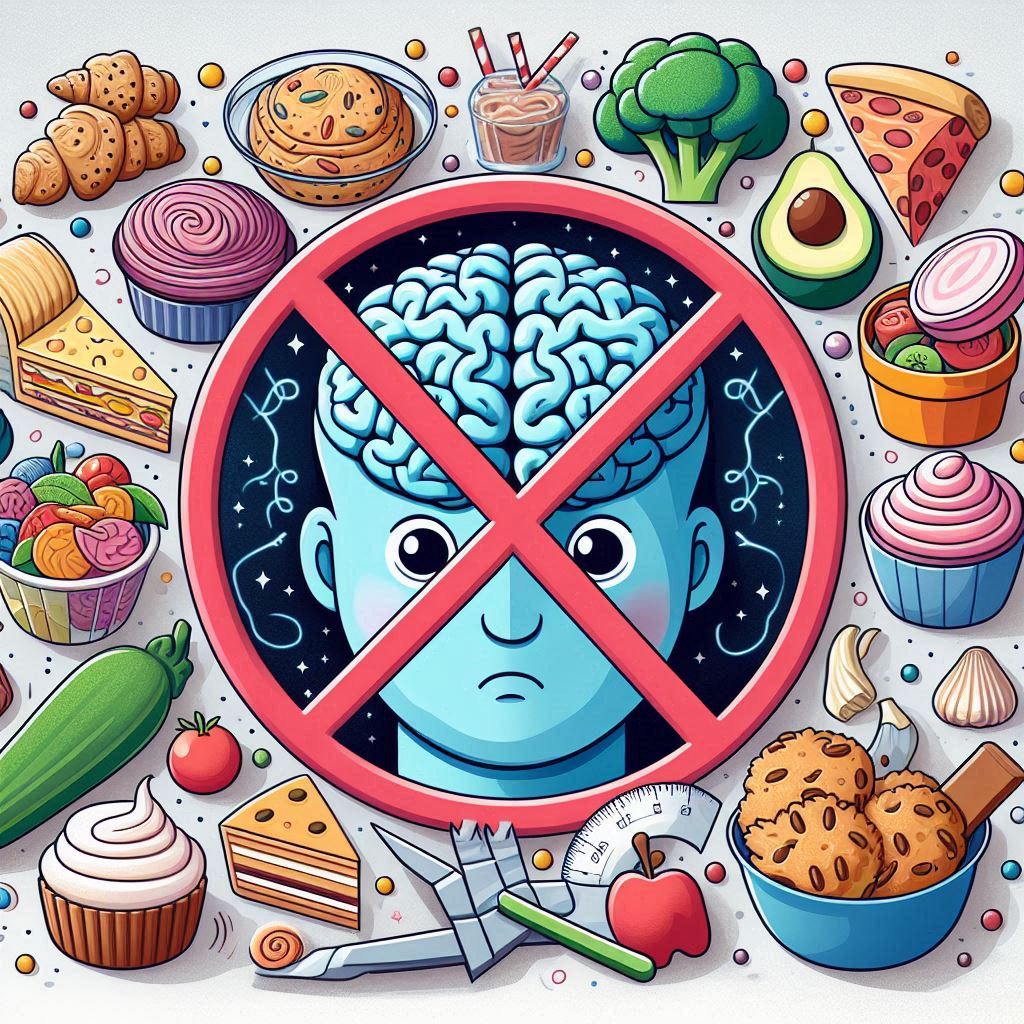Recent research strongly supports the link between consuming fewer highly processed foods and improved health outcomes, including longevity and cognitive function.
Key Findings:
- Increased risk of cognitive decline and stroke: Studies have shown a correlation between higher consumption of ultra-processed foods and an increased risk of cognitive impairment and stroke.
- Benefits of unprocessed or minimally processed foods: Consuming more whole, unprocessed foods is associated with a lower risk of cognitive decline.
- Specific diets: Diets like Mediterranean, Planetary Health Diet, DASH, and MIND, which emphasize whole foods and limit processed items, have been linked to better brain health and overall well-being.
Potential Mechanisms:
While more research is needed, potential explanations for these findings include:
- Nutrient density: Whole foods generally contain essential nutrients, vitamins, and antioxidants crucial for brain health.
- Inflammation: Processed foods may contribute to chronic inflammation, linked to various health issues including cognitive decline.
- Gut health: The gut-brain connection suggests that a diet rich in processed foods, often high in unhealthy fats and additives, may negatively impact gut microbiome and brain function.
Important Considerations:
- Correlation vs. causation: While studies show a strong association between processed food consumption and negative health outcomes, it’s essential to remember that correlation doesn’t equal causation.
- Individual differences: The impact of diet on health can vary among individuals. Factors like genetics, lifestyle, and overall health also play a role.
Recent Research on Processed Foods and Brain Health
There’s been a growing body of evidence linking the consumption of highly processed foods to negative health outcomes, including cognitive decline.
A Key Recent Study
One of the most significant studies in this area was published in Neurology in May 2024. This research found a strong association between higher consumption of ultra-processed foods and an increased risk of cognitive impairment and stroke. Conversely, eating more unprocessed or minimally processed foods was linked to a lower risk of cognitive decline.
Other Relevant Research
While this is a particularly prominent study, it’s important to note that numerous other research papers have contributed to this growing body of evidence. Studies have explored:
- The impact of ultra-processed foods on various cognitive functions (memory, attention, executive function)
- The role of specific nutrients and additives in processed foods
- The relationship between ultra-processed food consumption and other health conditions (obesity, diabetes, heart disease) that can affect brain health
It’s crucial to remember that while these studies suggest a strong correlation, more research is needed to establish definitive causation. However, the accumulating evidence strongly supports the idea that reducing consumption of highly processed foods can be beneficial for brain health.
Would you like to explore specific types of processed foods to avoid or discuss dietary alternatives?
Embracing a whole food, plant-forward diet can be a transformative journey towards lifelong health and cognitive vitality. By consciously limiting processed foods, you not only reduce harmful additives and excessive sugars but also open the door to a wealth of nutrients found in nature’s bounty. Imagine vibrant meals crafted from fresh vegetables, grains, legumes, and fruits—all rich in antioxidants that combat oxidative stress and inflammation. These are your allies in the pursuit of longevity.
Research continues to reveal the remarkable link between nutrition and brain health, showcasing that diets abundant in whole foods support neuroplasticity—the brain’s ability to adapt and grow at any age. Incorporating more colorful produce into your plates can boost cognitive function while igniting culinary creativity. Think beyond the typical salad; experiment with roasted beet hummus or zesty quinoa stuffed peppers to invigorate your meals! As you transition away from convenience foods filled with preservatives towards nourishing options at every meal, you’re not just making a choice for today—you’re investing in a healthier tomorrow for both mind and body.
Processed Foods to Limit and Wholesome Alternatives
Understanding Processed Foods
Highly processed foods often contain added sugars, unhealthy fats, sodium, and artificial additives. These can contribute to inflammation, weight gain, and chronic diseases.
Examples of highly processed foods:
- Packaged snacks: chips, cookies, crackers
- Ready-to-eat meals: frozen dinners, pasta dishes
- Sodas and sugary drinks
- Processed meats: bacon, sausage, hot dogs
- Refined grains: white bread, white rice
Prioritizing Whole Foods
Shifting your diet towards whole, unprocessed foods is key to improving overall health and brain function.
Examples of whole foods:
- Fruits and vegetables: apples, bananas, spinach, carrots
- Whole grains: brown rice, quinoa, whole-wheat bread
- Lean proteins: eggs, fish, beans, lentils
- Healthy fats: avocados, nuts, olive oil
Specific Dietary Recommendations
- Limit added sugars: Opt for natural sweetness from fruits or a sprinkle of honey.
- Reduce sodium intake: Choose fresh or frozen foods over canned options.
- Prioritize fiber: Include plenty of fruits, vegetables, and whole grains in your diet.
- Choose healthy fats: Incorporate sources like avocados, nuts, and olive oil.
- Hydrate with water: Avoid sugary drinks and limit alcohol consumption.
While more research is ongoing, the evidence strongly suggests that reducing consumption of highly processed foods and opting for whole, unprocessed options can contribute to a healthier lifestyle, potentially leading to a longer life and better cognitive function.
Remember: While it’s important to reduce processed foods, it’s not about perfection. Enjoy your favorite treats in moderation. The focus should be on making gradual changes to your diet and incorporating more whole, nutrient-dense foods.







Embarking on a journey to limit processed foods in your diet can be a transformative and empowering choice for both your physical longevity and brain health. By embracing whole, nutrient-dense foods, you are not only nourishing your body with essential vitamins and minerals but also fueling your brain for optimal cognitive function. Think of each meal as an opportunity to create a vibrant masterpiece on your plate, filled with colorful fruits, vegetables, whole grains, and lean proteins. Embrace the creativity of experimenting with new ingredients and flavors, and watch as your energy levels soar, your mood stabilizes, and your mind becomes sharp and focused. Remember, your health is your greatest asset, so treat yourself with the love and care you deserve by choosing whole foods for a vibrant life filled with vitality and joy.